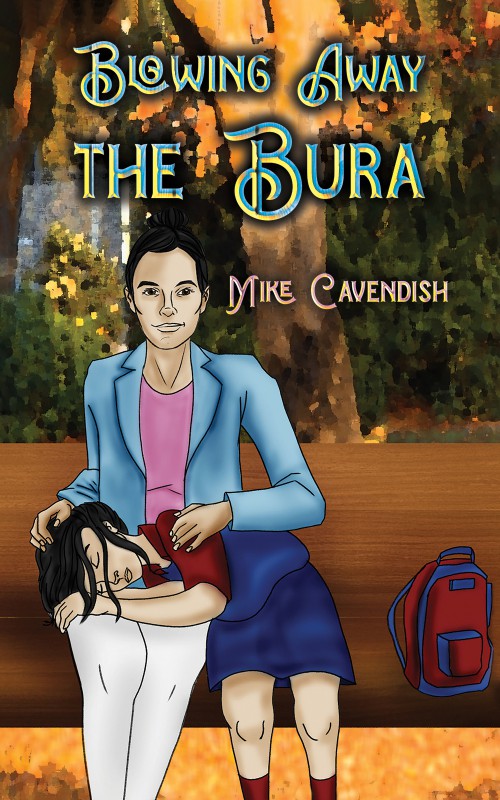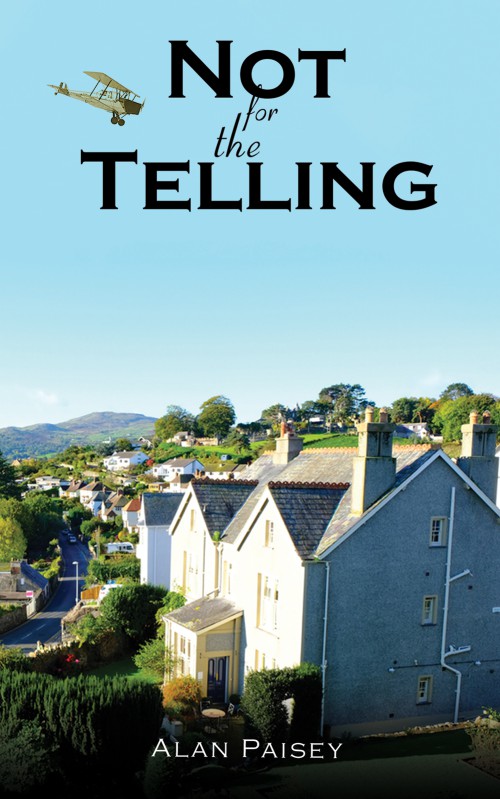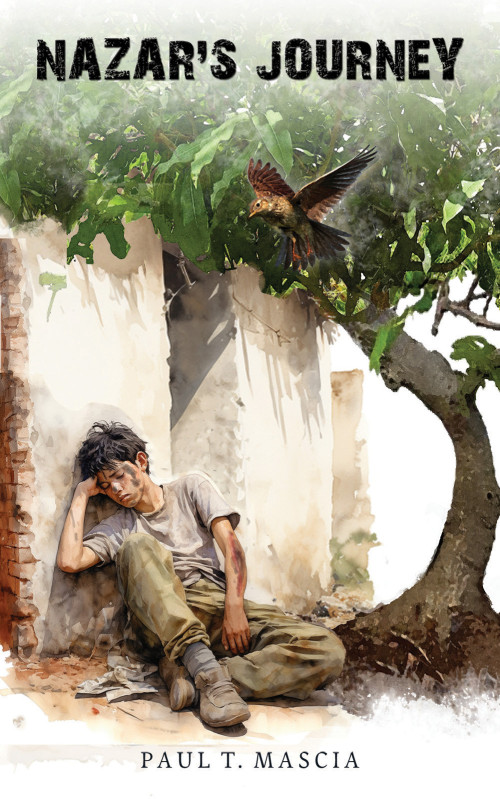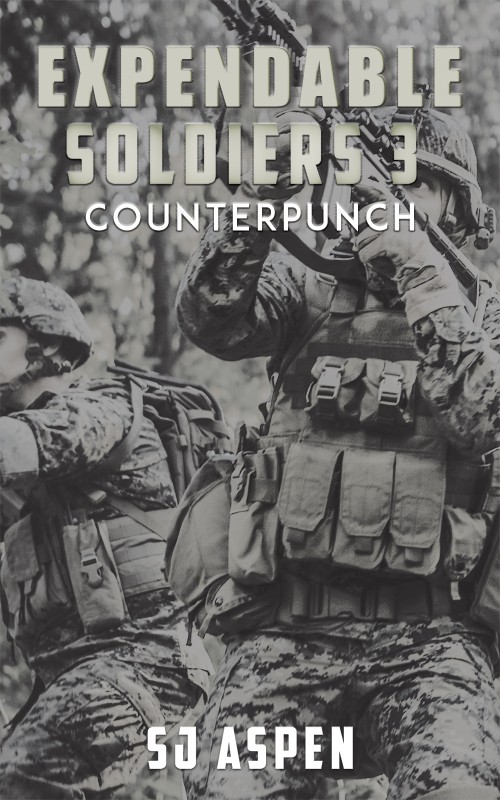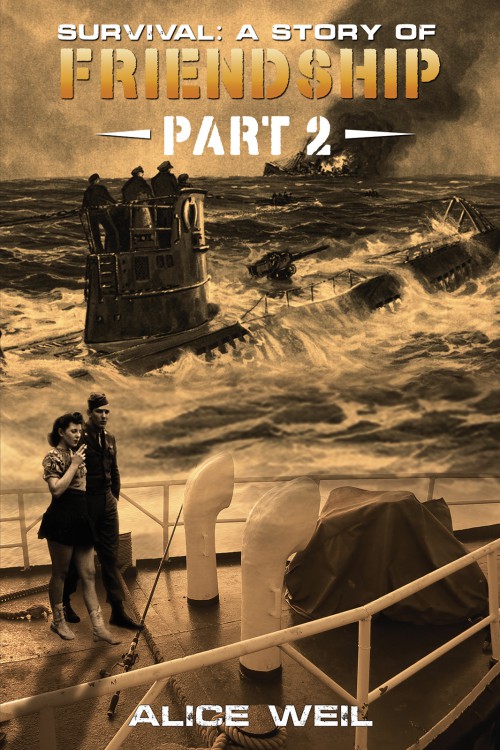In this novel, by October 1991 war in western Croatia between Croats and Serbs is daily and deadly. Navenka Berik, a wimpy 25-year-old Serb mother of two has had her Serb parents and her Croat husband make decisions for her. During the next few months:
- Her father is taken and presumed killed,
- Navenka is raped,
- Her husband is arrested and probably is killed,
- Her mother becomes crippled,
- From the rape, another child is born,
- Remaining family members are on the run as internally displaced persons in the dissolving Yugoslavia,
- The hassled Navenka has to step up and lead.
Unwelcome anywhere, the family languishes with temporary protection visas in Germany. In 1996, they are accepted as refugees in Australia. Peace, the English language and Australia’s very multicultural society bring many new problems. Navenka’s ongoing memories of her husband keep her wishing that he might be alive. Thoughts of moving back to Croatia or to Bosnia end when, briefly, Navenka attends the trial of those accused of murdering her father. There, poverty and the old ethnic prejudices live on. Back in Australia, her long “lost” husband finds her. However, after the initial joy wears off, the terms of his demand, at gunpoint, that his family go and live in Croatia with him are unacceptable. Navenka’s daughter Srebrenka, too young to be burdened by bad memories of Yugoslavia, cleverly resolves the impasse.
People react differently to war. Some think. Some “just feel”.

